In no particular order, I present 10 of my favourite pieces of wisdom from Dr. Gabor Mate, bestselling author of “Scattered Minds“, “When the Body Says No”, “In the Realm of Hungry Ghosts”, and co-author of “Hold on to Your Kids”.
1. It is impossible to understand addiction without asking what relief the addict finds, or hopes to find, in the drug or the addictive behaviour.
There is a purpose to all behavior and feelings. We just need to look a little deeper to find it. On the surface, addictive or self-destructive behavior seems illogical but if we focus its benefits, few though they may be, we will be able to unlock the mystery of the behavior and put ourselves in a position to change it.
2. The DSM … defines attention deficit disorder by its external features, not by its emotional meaning in the lives of individual human beings.
I’ve noticed this in discussing the symptoms with doctors, even those who specialize in treating the condition. The list of symptoms and signs makes very little room for the emotional impact of poor time management, poor attentional control, lack of follow-through, impulsive behavior, and constant restlessness. The list doesn’t touch upon the anxiety that develops from constantly expecting to let yourself and others down. It doesn’t touch upon the learned helplessness acquired from a long history of screwing up. It doesn’t touch upon the desperation to get away from oneself and the futility of all attempts to do so.
3. I believe that ADD can be better understood if we examine people’s lives, not only bits of DNA.
The difference in results that arise from identical treatments is only partially explained by genetics. The other part must be attributed to differences in environment, especially the social environment. Bessel Van der Kolk’s work on the developmental impact of childhood trauma speaks volumes. Unpopular sentiments, to be sure, but difficult to argue with.
4. Children are a great incentive and impetus for parents to learn about themselves, about each other and about life itself. Unfortunately, much of the learning may occur at their expense.
This is not a new phenomenon. It has always been and will always be the way. Don’t despair at the damage you have done to your children. While it can’t be undone, it can be corrected and the best way to do so is to correct yourself. We are resilient creatures and our desire to be loved can lead us down dark paths to find acceptance. However, that same drive can lead us to places where healing takes place. Become and remain the secure base in your child’s life and you will be experienced as a lifeline when needed.
5. Love felt by the parent does not automatically translate into love experienced by the child.
Don’t let those little moments of pride and joy slip away unmentioned. If you feel a positive emotion about someone, tell them. Unexpressed positivity is futile. Good will is meant to be communicated.
6. Knowing oneself comes from attending with compassionate curiosity to what is happening within.
To really get to know yourself, you must be open to the possibility that the “real” you is not altogether a positive person. We are convinced that at our core, we are good and decent, altruistic even. This may not be the case. At my deepest, I may be a jealous, vindictive, petty, selfish being. If so, this has likely arisen from unfortunate life experiences. It doesn’t have to remain this way. It can be rewired and changed, but not until we accept it for what it is.
7. Whether these features become talents or problems depends, in short, on how the child’s nature is nurtured.
Dr. Mate is speaking of the traits of the ADHD child, the parts of our personalities that are hard-wired into being. Some things are learned behaviors and some are there from the beginning. As alluded to above, ADHD (along with many other conditions or predispositions) can have a heavy emotional toll. What determines the weight of that burden is largely influenced by the ability and willingness of those around that child to accept the child for who she or he is and to meet them where they are.
8. Whatever the hopes, wishes or intentions of the parent, the child does not experience the parent directly: the child experiences the parenting.
When it comes to relationships between parents and children, it’s not just the thought that counts, it’s the action that communicates the thought. When we are older and have the capacity to view our parents’ behavior in context, we might find it easier to forgive and understand their actions. However, even that perspective-granted view of events is not enough to erase the layers of belief about ourselves and the world around us that parenting implanted in the first place. This doesn’t mean that we need to parent in fear of ruining the children, but to parent mindfully, knowing that we are the single greatest influence that they will experience in their lives.
9. When we flee our vulnerability, we lose our full capacity for feeling emotion.
We cannot selectively numb our feelings. When we build a wall to keep the pain out (or in), we also keep out the joy and the peace of mind that are achievable. Because, in some cases, the wall is a necessary protection, the loss of happiness is a necessary sacrifice.
10. We readily feel for the suffering child, but cannot see the child in the adult who, his soul fragmented and isolated, hustles for survival a few blocks away from where we shop or work.
In my old office, I used to have a picture tacked to my bulletin board. It was a smiling newborn baby. He couldn’t have been more than a few weeks old and he was completely relaxed, with heavy eyelids and a milk-drunk smile across his face. Under the picture was a caption, “God don’t make no junk”. In tht office, I worked with hundreds of men impacted by addiction to various substances and self-destructive behaviors. Sometimes they resisted whatever help was offered to them, with varying degrees of belligerence and defiance. It was at those times that I needed to look up at that picture and remember the state of these men when they first came into this world, innocent, unsullied, untraumatized, uninjured. Somewhere down inside this aggressive, posturing, programmed collection of coping behaviors, that little boy still existed. That’s who I needed to see and that’s who I needed to reach. I always say that if people’s physical appearance matched their emotional age, human behavior would be a lot easier to understand.

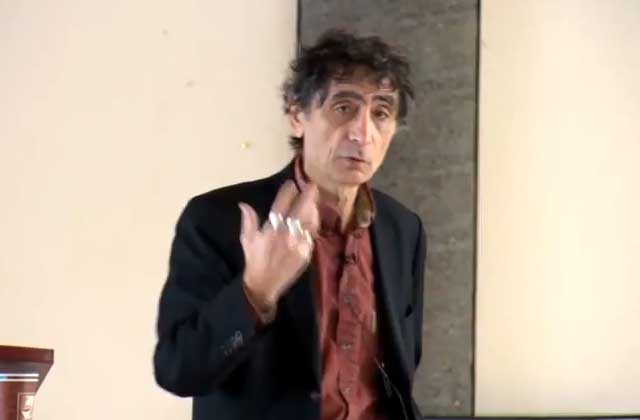
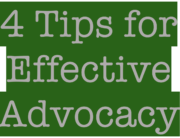



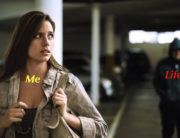

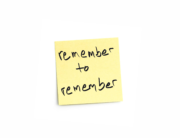






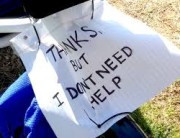
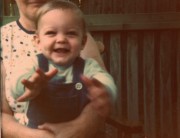
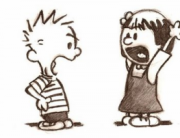

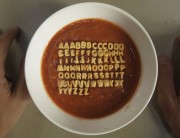







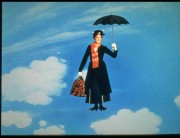
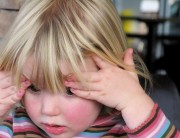

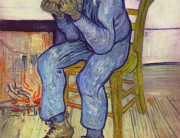



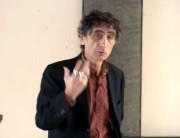



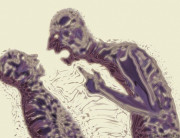



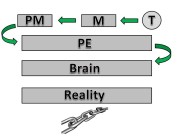





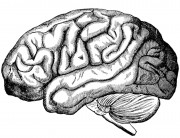
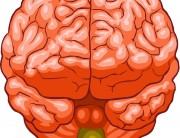
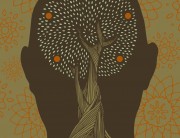
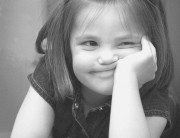
Recent Comments